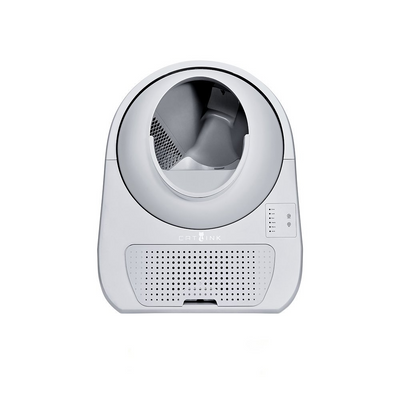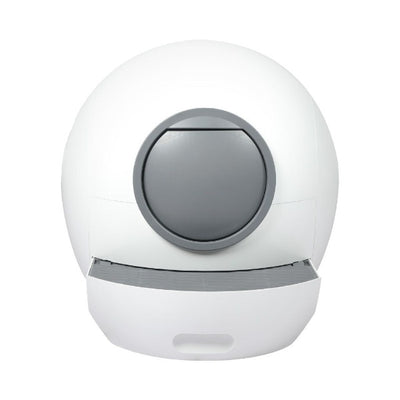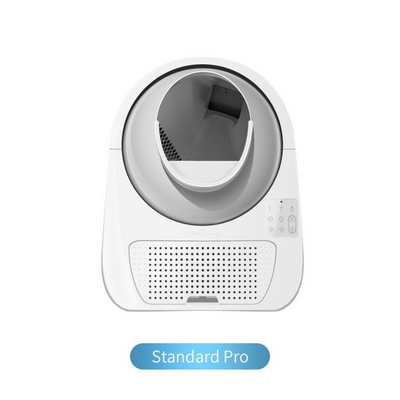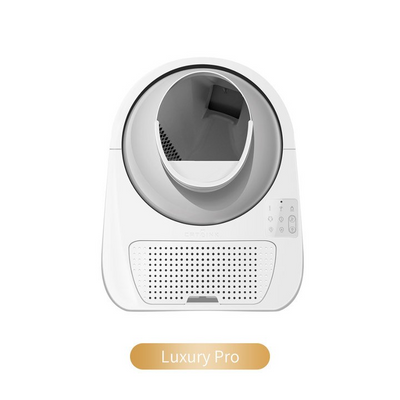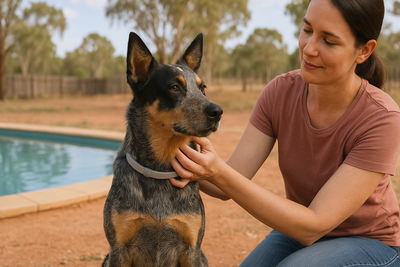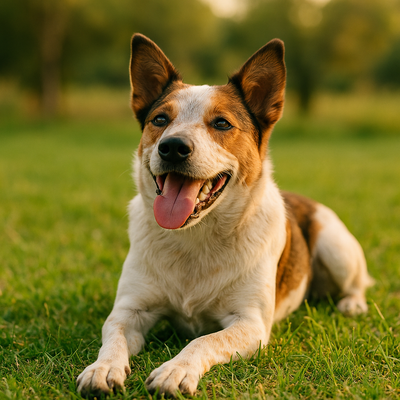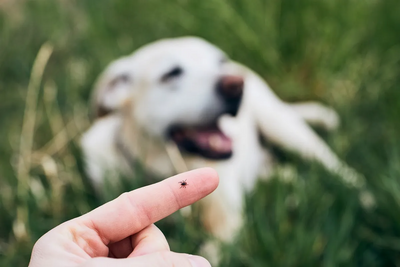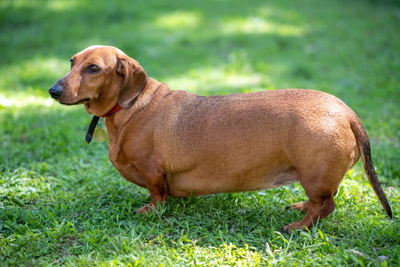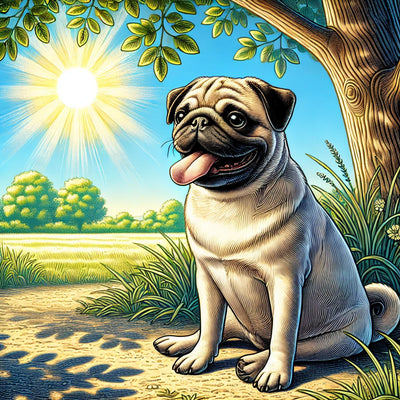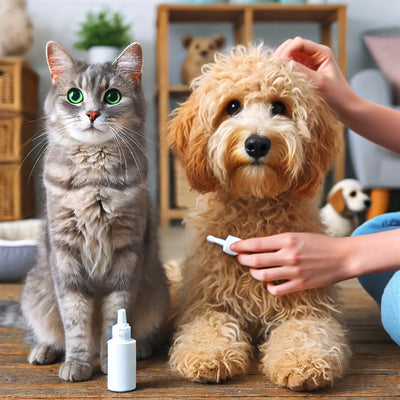Dogs and humans metabolize foods differently.
For this reason, some foods are safe for humans to eat but may be toxic and potentially deadly for dogs.
On the other hand, there are many human foods that are perfectly safe and even healthy for dogs to eat as an occasional treat.
In this article we will go through 10 different foods your dog can and cannot eat that are commonly questionable foods.
Foods your dog Can and Cannot Eat
1. Carrots: Can Eat
Both raw and cooked carrots are safe for your dog to eat.
Carrots are low in calories and a good source of vitamins, minerals and fibre. This makes them a very healthy food for your dog to snack on.
Before feeding carrots to your dog, make sure to cut them into bite-size pieces to prevent choking.
2. Grapes and Raisins: Can’t Eat
You should never feed grapes or raisins to your dog.
Grapes and raisins contain toxic compounds that are harmful to dogs. They have the potential to lead to rapid kidney failure and death. Even small amounts of grapes and raisins can make your dog sick, so it’s important to avoid giving them to your dog altogether.
3. Peanut Butter: Can Eat
Peanut butter is a healthy and safe treat for dogs to eat in moderate amounts.
However, it is best to limit your dog’s peanut butter intake. Since peanut butter is high in fat and calories, it may lead to weight gain if he eats too much.
Also, make sure to feed your dog plain, unsalted peanut butter. Peanut butter commonly has extra ingredients added to it, such as salt, which could be harmful to your dog.
4. Eggs: Can Eat
Cooked eggs are perfectly safe and nutritious for dogs to eat.
One medium egg provides some of almost every vitamin and mineral, plus lots of protein. There are claims that eggs may also help relieve nausea in dogs, although there is no scientific evidence behind this claim.
It is important to note that you should avoid feeding raw eggs to your dog. While dogs typically do not get sick from eating raw eggs, bacteria, such as Salmonella, can spread from the dog to its human owners, increasing their risk of infection.
5. Chocolate: Can’t Eat
It is widely known that dogs should never eat chocolate.
This is because chocolate contains theobromine and caffeine, two stimulants that dogs cannot efficiently metabolize.
If your dog eats chocolate, he may exhibit symptoms like vomiting, diarrhoea and dehydration. These symptoms may lead to more serious complications, such as internal bleeding, muscle tremors, seizures and death.
Darker and less sweet varieties of chocolate, such as cocoa powder and unsweetened baker’s chocolate, are more poisonous to dogs than sweetened varieties, such as milk chocolate.
Nevertheless, do not feed your dog any type of chocolate.
6. Cheese: Limit
Cheese is safe for most dogs to eat in small quantities.
Due to the fat and lactose content of cheese, some dogs may have digestive symptoms, such as stomach pain and diarrhoea, after eating it.
To avoid unpleasant symptoms, it is best to introduce cheese into your dog’s diet gradually. It may also help to only feed your dog low-fat cheeses, such as mozzarella.
7. Onions: Can’t Eat
You should never feed your dog onions.
Onions contain N-propyl disulphide, a compound that is toxic to dogs. It can damage your dog’s red blood cells, reducing their ability to carry oxygen through the body. This often results in a condition called anaemia .
Anaemia in dogs is characterized by a variety of symptoms, including lethargy, weakness, decreased appetite and fainting. In severe cases, dogs with anaemia may need a blood transfusion.
It is important to note that all components and forms of onions are toxic to dogs, even the leaves, juice and processed powders, such as onion powder.
8. Bread: Can Eat
Plain white or whole grain bread is safe for most dogs to eat as an occasional treat.
Before feeding your dog bread, make sure it doesn’t contain any extra ingredients, such as raisins, which could be potentially harmful.
Additionally, keep in mind that bread, along with other foods, adds extra calories to your dog’s diet and may cause weight gain if he eats too much.
9. Avocado: Can’t Eat
Avocados should never be consumed by dogs.
This is because they contain a toxin called persin, which is known to be very poisonous to dogs. It may lead to fluid accumulation in their lungs and chest, which can cause breathing difficulties, oxygen deprivation and even death.
Persin is found in all parts of the avocado, including the fruit, pit, leaves and bark. Thus, you should always keep avocados away from your dog.
10. Milk: Limit
You should prevent your dog from drinking too much milk.
Lactose intolerance is common in dogs, which may cause loose stools, gas, vomiting, stomach pain and diarrhoea.
Some dogs are able to tolerate small quantities of milk as an occasional treat, but they should not drink more than a few tablespoons of milk per day.
More Information-
Above are just a small number of foods that can and cannot be eaten by your dog.
All foods should be introduced to your dog’s diet gradually so that you can monitor them for any allergic reactions etc.
Like humans, All dogs are different and some may be able to eat certain things while others may not. Even if a food is deemed “safe” it may not be suitable for your particular dog to eat.
All foods should be eaten in moderation to help prevent weight gain and any other negative effects.
We advise not to leave your dog alone when giving them a new food to try.
For further information and more specific guidelines regarding serving sizes etc please ask your local veterinarian.
If your dog eats a harmful food consult your veterinarian immediately or call the pet poison hotline.
You should never treat or medicate a dog unless a licensed veterinarian advises you to do so.
